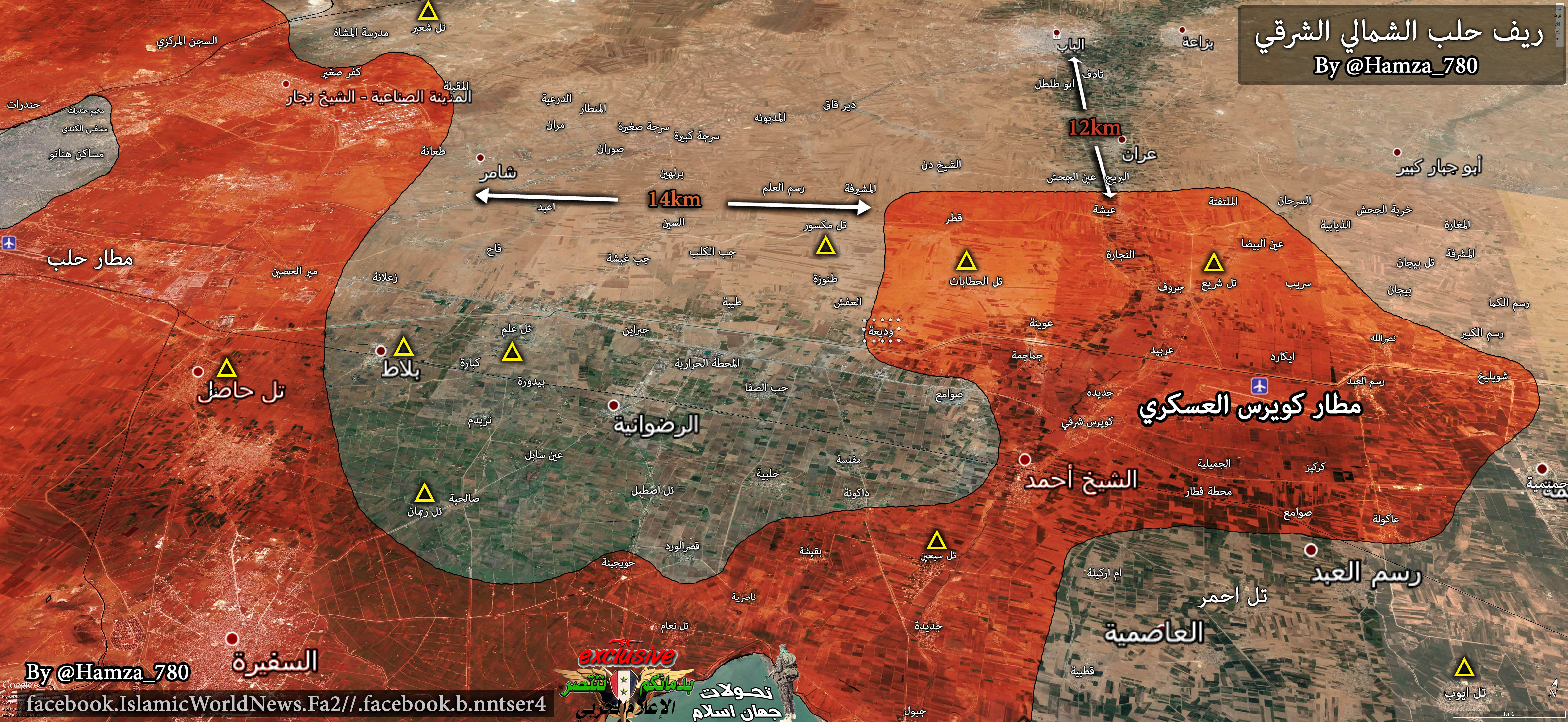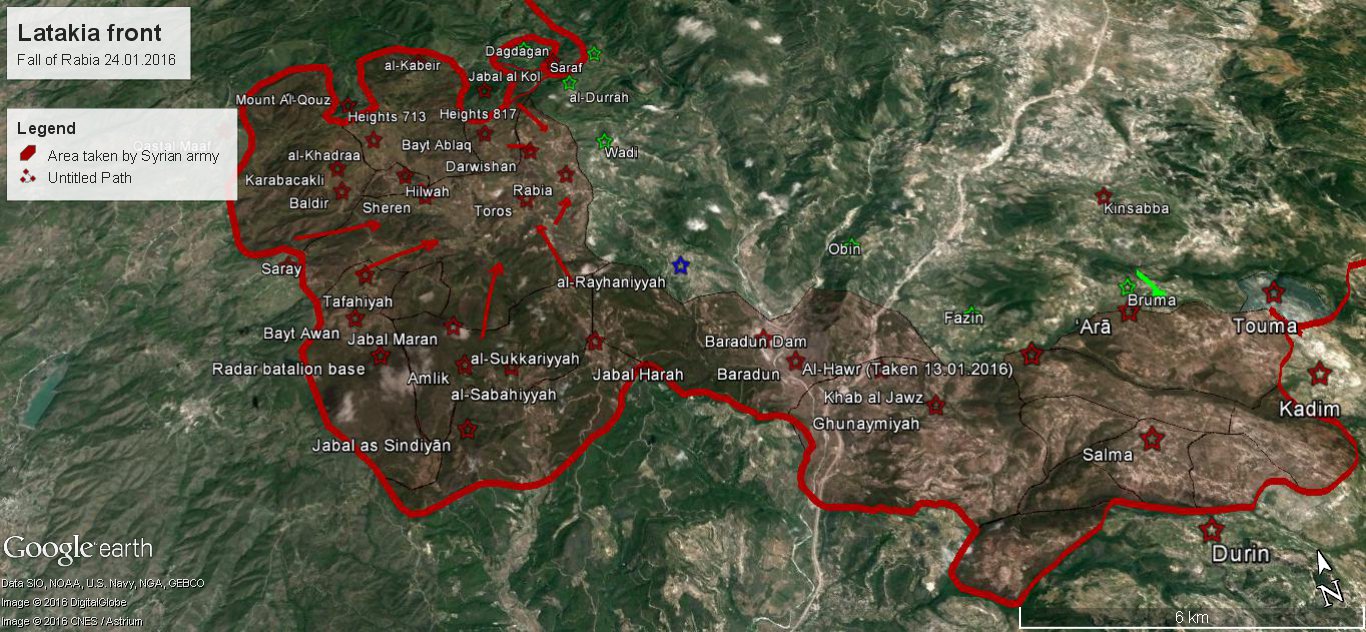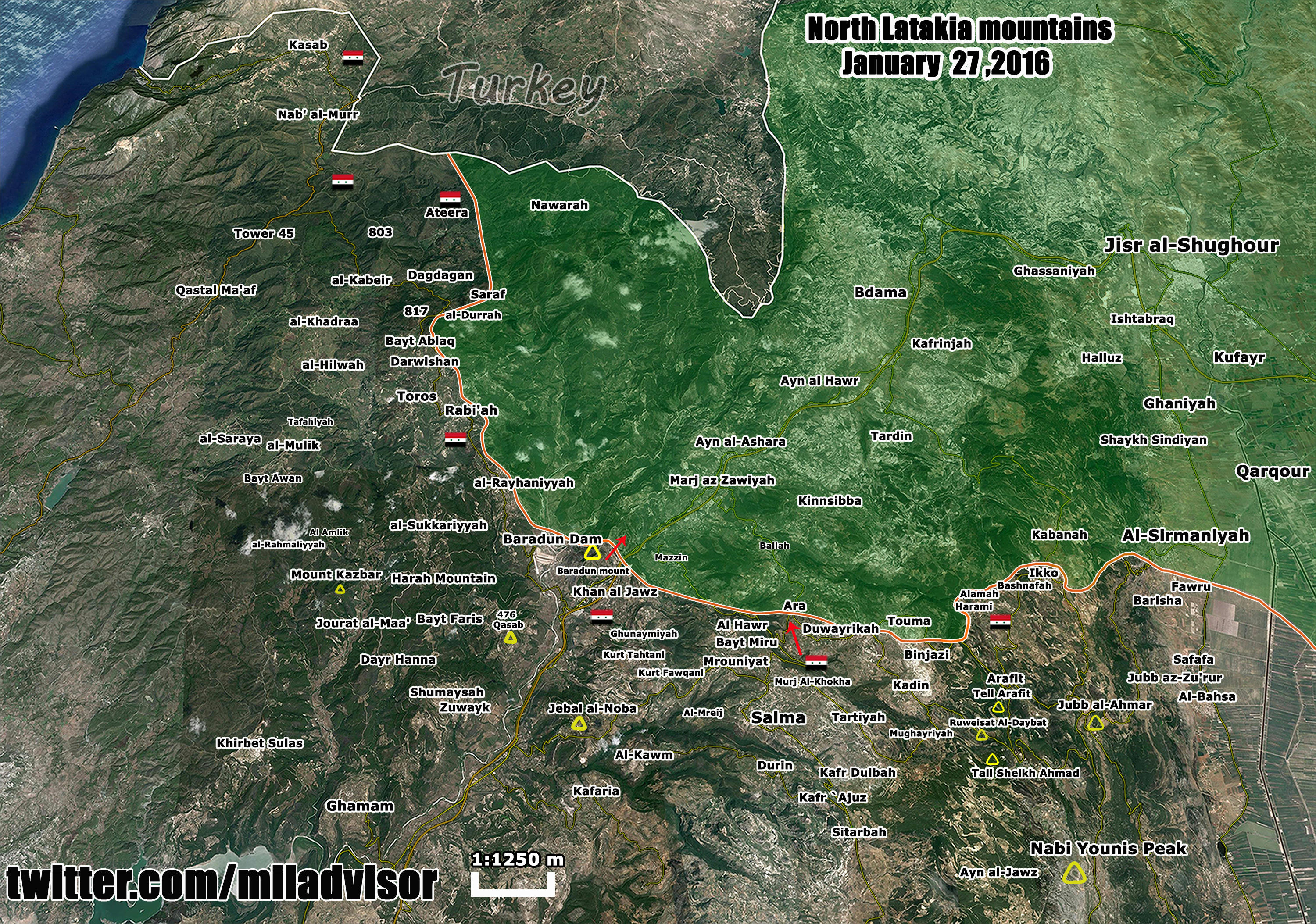Jura The idiot
General
in fact I was curious about... Thanks for the correction.
CDG-CSG-27
and
CDG-CSG-25
I mean where and by whom they were taken ... but I don't want to be finicky
in fact I was curious about... Thanks for the correction.
I found them on a google internet search about the French carrier attacking ISIS. Which type of searching you could do if you want.in fact I was curious about
CDG-CSG-27
and
CDG-CSG-25
I mean where and by whom they were taken ... but I don't want to be finicky
Are the Syrian Democratic Forces any of the above?
By Benedetta Argentieri
January 26, 2016
When Vice President Joe Biden arrived in Turkey Saturday, he strongly condemned a group that Turkey considers to be its most clear and present terror threat: the Kurdistan Workers’ Party (PKK).
While Turkey, the United States and the European Union consider the armed Kurds of the PKK terrorists, the armed Kurds in Syria are something else.
The Syrian Kurds, also known as the YPG or People’s Protection Units, are now operating as the Syrian Democratic Forces (SDF). The umbrella group also includes some Arab, Turkmen and Armenian militias, as well as Free Syrian Army (FSA) units that fought in Kobani. Kobani is a Kurdish Syrian town on Turkey’s border that was nearly overrun by Islamic State more than a year ago. Although in press releases and general propaganda the SDF is an inclusive force, the YPG is the main element of the coalition and outnumbers all other groups.
The SDF coalition was announced on Oct. 11, 2015, hours before a major U.S. airdrop delivered 50 tons of ammunition to the Kurdish-controlled area in northern Syria.
This indicated a clear shift in U.S. policy toward the rebel groups fighting on the ground, and the Syrian Democratic Forces seems to have been designed not to alienate Turkey.
On Oct. 9, the Pentagon shut down the “train and equip program” created to get “moderate” Syrian into the fight against Islamic State. The $500-million plan was one of the centerpieces of President Barack Obama’s campaign against Islamic State; it was approved by Congress in September 2014.
The American- and Turkish-trained rebels were defeated, kidnapped or defected to more radical groups on the ground, such as al Nusra.
So far, the People’s Protection Units is the only force that has proved reliable and, most important, successful against Islamic State. The Syrian Kurds were able to gain back 6,800 square miles in northern Syria from Islamic State in less than a year. At least 25,000 YPG soldiers, both men and women, are fighting for freedom and equality in Syria. They established the borders of a semi-autonomous region they call Rojava in 2011. Part of it remains in Islamic State hands.
The Turkish government views Rojava as a threat to its national security. It believes that officially recognizing the region would create a domino effect and empower the Kurdish push for independence in the southeastern part of Turkey. The YPG is also linked to the PKK, which engaged Ankara in a 30-year civil war that left 40,000 dead, most of them Kurds. After two years of a tense ceasefire, frictions between the PKK and Turkey came to the forefront again this summer, and a new wave of violence has started. At the moment, 19 Kurdish-majority cities are under curfew and many are fighting against the Turkish military.
For these reasons, the United States has always been wary about openly supporting the Syrian Kurds. Since 2012, there have been several programs that involved arming, vetting, and/or training rebels and soldiers who defected from the Syrian army. But even when those efforts were ramped up in 2014, little American backing arrived for the Kurds.
The first real U.S. support to the Kurds started with the siege of Kobani. The incredible story of this town, where a handful of guerrilla fighters were ready to die in order to defy Islamic State, spread around the world and became a touchstone of modern resistance against Islamic insurgents. As public opinion grew fonder of the Kurds in Kobani, the United States started helping the guerrillas with air strikes. On Jan. 26, 2015, the YPG forced Islamic State to retreat from Kobani.
Since October 2015, the YPG has become the United States’ main ally on the ground. U.S. Special Forces are reported to be in Kurdish-controlled areas, such as Hasakah and around the Tishrin Dam. Their main role is advisory and helping plan the spring campaign against Islamic State, which likely will attempt to cut off Raqqa, Islamic State’s de facto capital in Syria, from supply routes and eventually take the city.
Though U.S. and Kurdish interests align now, the Kurds do have their own goals. It’s possible that the United States is once again helping an ally that could become an enemy. Once Islamic State is defeated, the Kurds might turn around and use the same weapons provided by the United States against Turkey. Although Kurdish officials deny such a scenario, the possibility is real. One way to prevent it is for the United States to step in, as requested by the PKK leader Cemil Bayik, as a third party in negotiations between the Kurds and Turkey’s government.
The Syria peace talks in Vienna will not find a suitable solution. The participants can’t agree on who from the Syrian opposition should be sitting at the table. The Kurdish group is one of the main stumbling blocks. Russia wants to include the Kurds, but Turkey refuses. On the ground, Saudi Arabia, Russia, Turkey, Iran and the United States all have their proxies. Sometimes their interests overlap. But each nation is faced with a series of strategic tradeoffs as they seek to balance power in their favor.
Other than aligning with Syrian President Bashar al-Assad, the United States seems to have tried out any option other than fully backing the Kurds. Maybe it’s time.
Its striking that despite the relative small number of assets and all these shortcomings and deficiencies, the Russian air campaign still appears to have achieved so much more than the efforts of western air forces, who pretty much use PGMs exclusively, are supposed to enjoy better training, employ more modern equipment, and have far more assets at its disposal.

(concerns ;
now I quickly tried to figure out what's happened since
Tuesday at 7:29 PM
https://www.sinodefenceforum.com/is...no-oped-no-policis.t6913/page-320#post-384825
as during yesterday, depending on the source, I read conflicting info about:
now it seems ISIL holds so called Western Entrance to the town
- ISIL breaking into the town;
- Government reaching Ayyash (top part in the map below);
(around mark "4" most to the north),
so I schematically put in the map the two red lines (Government Forces within them; the Airport more into bottom-right):

... a moment ago I read about most recent Government's gains, which I'm trying to identify:concerning Aleppo-area
...




... instead of waiting... a moment ago I read about most recent Government's gains, which I'm trying to identify: ...

...

and "Cassad"
asks a question where Rebels will put some adequate defense line in the area

